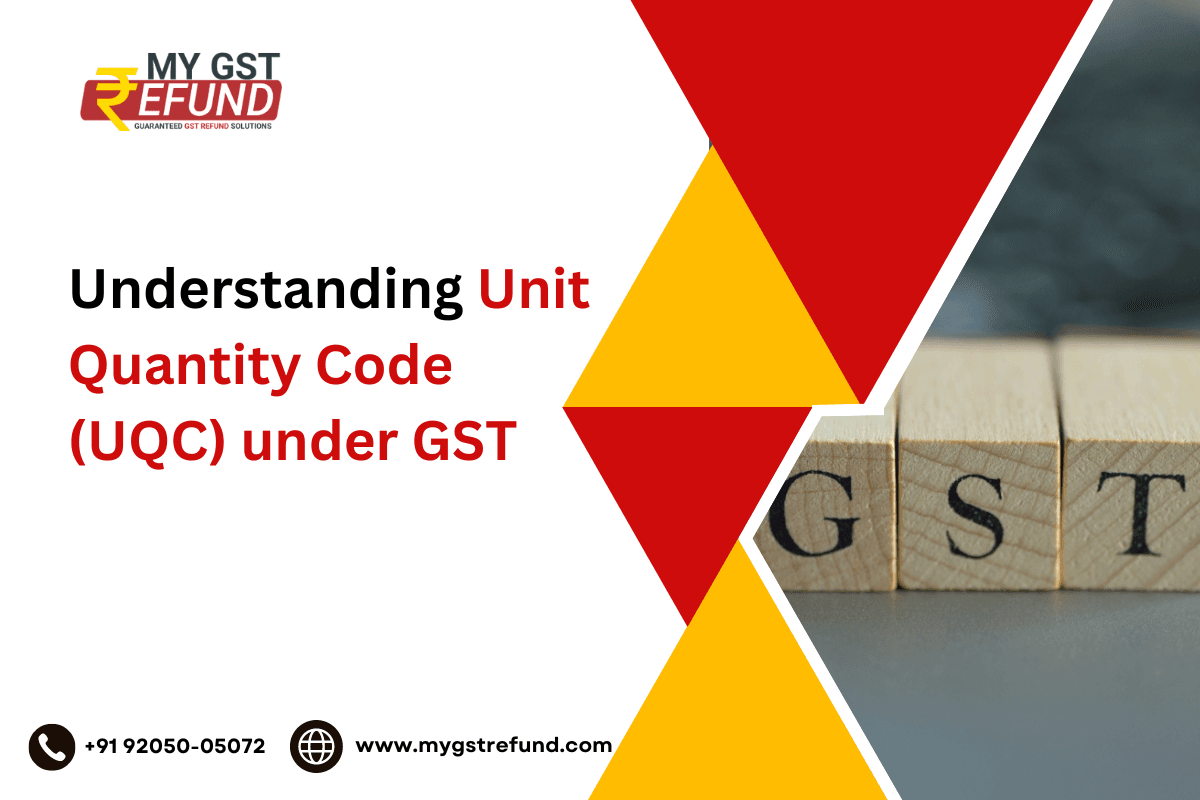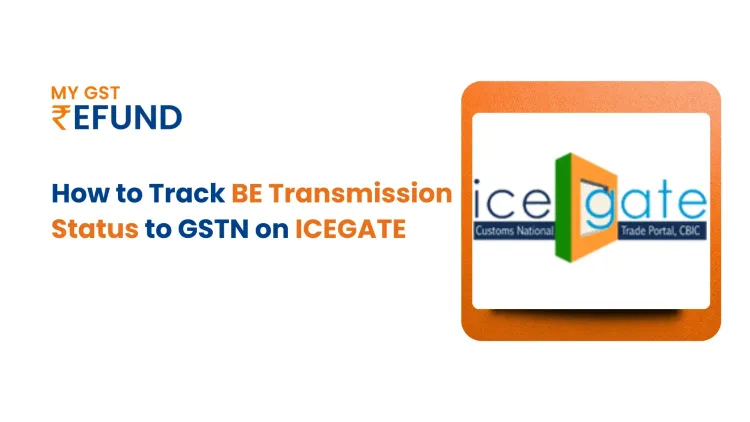Understanding Unit Quantity Code (UQC) under GST
Published on: Thu Dec 14 2023
The Goods and Services Tax (GST) regime in India has introduced several changes in the way businesses operate and report their transactions. One such significant change is the implementation of Unit Quantity Code (UQC). UQC is a code used to represent the unit of measurement for a quantity in the context of GST.
What is Unit Quantity Code (UQC)?
In simpler terms, UQC is a standardized code that helps in identifying and specifying the unit of measurement associated with the quantity of goods or services being transacted. The Unit Quantity Code, or UQC, is a distinctive six-character code used to standardize the way goods and services are measured and billed under the Goods and Services Tax (GST) regime. It ensures uniformity in reporting quantities across taxpayers, simplifying data analysis and enhancing tax administration.
Unit Quantity Code (UQC) as per GST
Under GST, every taxable supply of goods or services requires the reporting of the quantity along with the unit of measurement. The UQC is a three-character code that serves this purpose. It helps in avoiding confusion and misinterpretation regarding the quantity mentioned in the invoices and other GST-related documents.
For example, if a business is selling 100 kilograms of a certain product, the UQC associated with the quantity would be 'KGM,' indicating kilograms. Similarly, for liters, the UQC would be 'LTR,' and for meters, it would be 'MTR.'
Which section of the GST Return form shows the UQC?
Taxpayers need to mention the UQC corresponding to the quantity of each good or service supplied in their GST returns. This is typically done in the following sections:
Invoice-level details: UQCs are indicated against each item listed on the invoice.
HSN/SAC code mapping: While not mandatory, mapping HSN/SAC codes (Harmonized System Nomenclature/Services Accounting Codes) with their corresponding UQCs can further enhance data accuracy.
E-way bill generation: UQCs are also used in e-way bill generation for the transportation of goods, ensuring consistency between invoices and e-way bills.
What are the pain points some taxpayers are experiencing when filing their taxes?
While the concept of UQC is designed to streamline the reporting process, some taxpayers may face challenges and confusion in implementing it. This disarray may stem from factors such as:
Lack of Awareness: Some businesses may not be fully aware of the importance of UQC or how to correctly apply it in their invoices and returns.
Technical Issues: Implementing UQC might pose technical challenges for businesses using different accounting or invoicing software. Ensuring that the software accurately incorporates UQC codes is crucial.
Training and Understanding: Employees responsible for GST compliance within a business may require training to understand the significance of UQC and how to apply it correctly.
Transition from Previous Systems: Businesses transitioning from older systems to GST may find it challenging to adapt to the new requirement of including UQC in their invoices and returns.
List of Unit Quantity Codes (UQC)
To facilitate standardized reporting, the GSTN (Goods and Services Tax Network) has established a list of predefined UQC codes. These codes cover a wide range of units of measurement commonly used in business transactions. Here are some examples:
KGS - Kilograms
MTR - Metres
NOS - Numbers
SET - Sets
PKG - Packages
LTR - Litres
SQM - Square Metres
DOZ - Dozen
PRS - Pairs
This list is comprehensive, covering units for various types of goods and services. Businesses need to select the appropriate UQC based on the nature of their transactions.
Related Posts





